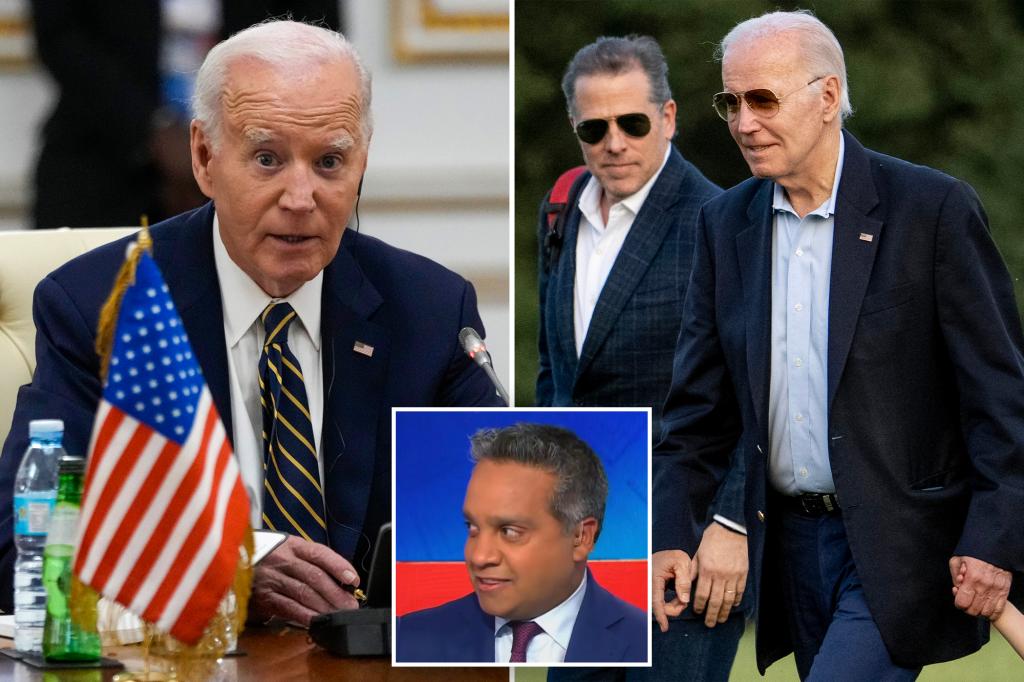CNN reporter Manu Raju strongly criticized President Joe Biden for pardoning his son, Hunter Biden, an act the president had explicitly promised earlier in his term not to undertake. Raju, who serves as the chief congressional correspondent for CNN, described the decision as a “stain on [Joe Biden’s] legacy” during a segment on the program “Inside Politics.” He expressed disappointment over the contradiction between Biden’s past assurances to the American public, where he had consistently stated he would not grant a pardon before the election. Raju underscored the importance of honesty in political leadership, pointing out that both Biden and White House Press Secretary Karine Jean-Pierre had communicated a clear message against pardoning Hunter Biden.
Raju emphasized that Biden’s commitment was made publicly, reinforcing the notion that his administration was being disingenuous with voters. He indicated that these broken promises could linger in voters’ memories and affect their trust in the president. The criticism highlighted a broader concern about the credibility of political statements and the potential ramifications of not adhering to them. Raju’s remarks aimed to draw parallels between Biden’s situation and past events, specifically citing former President Donald Trump’s controversial pardons of associates and family members, which were often criticized for appearing to cater to personal connections rather than justice.
A counterpoint to Raju’s critique came from a Democratic strategist, who asserted that such concerns were indicative of how disconnected certain voices in Washington are from the broader American public. This strategist maintained that Hunter Biden’s legal troubles were not resonating as significantly with voters as they might with political insiders, suggesting that many Americans would be more sympathetic to the notion of a father’s love for his troubled child. This perspective proposed that Biden’s decision could potentially foster a sense of compassion rather than condemnation among the electorate.
Hunter Biden, who has faced legal scrutiny for various offenses, had previously pleaded guilty to several charges, including tax evasion and firearms violations. His plea in September encompassed nine counts related to tax issues and highlighted his longstanding struggles with addiction, which stood at the core of his legal issues. Biden’s statement regarding the pardon hinged on his belief that Hunter had been unfairly and selectively prosecuted, which he framed as an injustice that warranted rectification through clemency.
The debate surrounding this pardon reflects deeper issues regarding family dynamics, addiction, privilege, and accountability within the sphere of political leadership. It raises questions about whether personal relationships should influence judicial decisions and the role of effective communication and honesty in governance. Critics, like Raju, argue that Biden’s actions undermine his presidential credibility and run counter to his public image as a forthright leader, while supporters may believe the pardon reflects human compassion.
In conclusion, the issue of Hunter Biden’s pardon encompasses multifaceted concerns about integrity in political discourse and familial ties amid legal issues. As the public continues to reflect on this decision, it will be interesting to observe how it impacts perceptions of Biden’s presidency both in the short and long term, especially considering the polarization of views surrounding the Biden family. The conversation remains ongoing as the White House has not yet publicly responded to the barrage of questions arising from this controversial decision.

